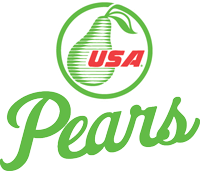It’s What is on the Inside that Counts
We’ve all done it – picked up a slightly speckled piece of fruit and put it back in search of a more cosmetically appealing piece. Just like meat and eggs, produce is graded, and most grocery retailers purchase and profit from higher grade produce. According to US Department of Agriculture (USDA) standards, U.S. Number 1 fruit must be “carefully hand-picked, clean, well formed” and free from injury, including bruising. Produce items that don’t make the gradearenow being called “ugly fruit and vegetables” – those that are imperfect and less/not profitable – and often end up being discarded. According to the USDA, food waste is the greatest contributor to landfills, 31% of edible food is wasted, and food waste accounts for an estimated annual loss of $161.6 billion. Interestingly, recent studies suggest that blemished fruit, the stuff not pretty enough for consumption, Continue reading
